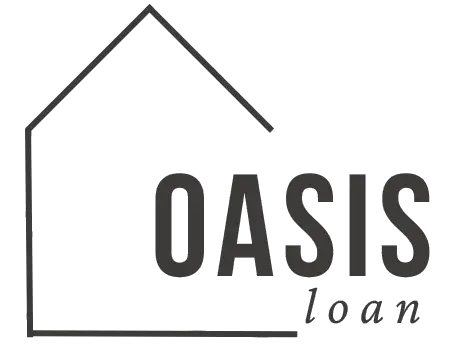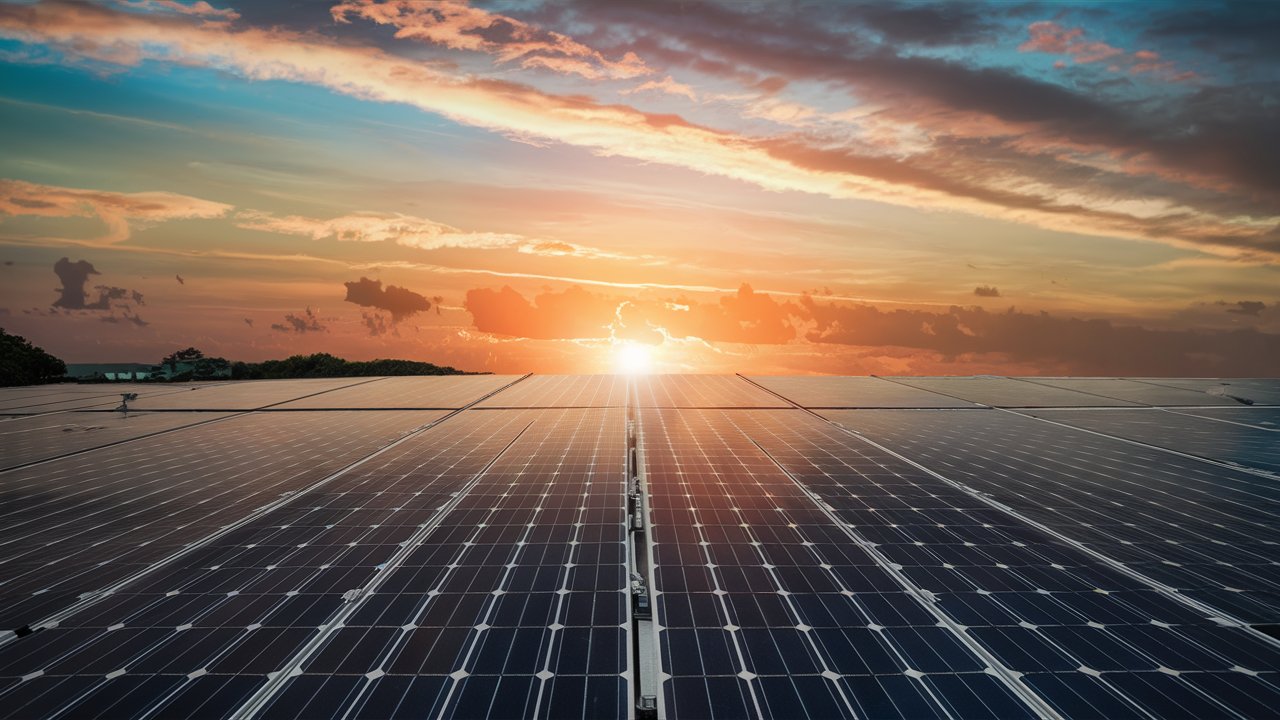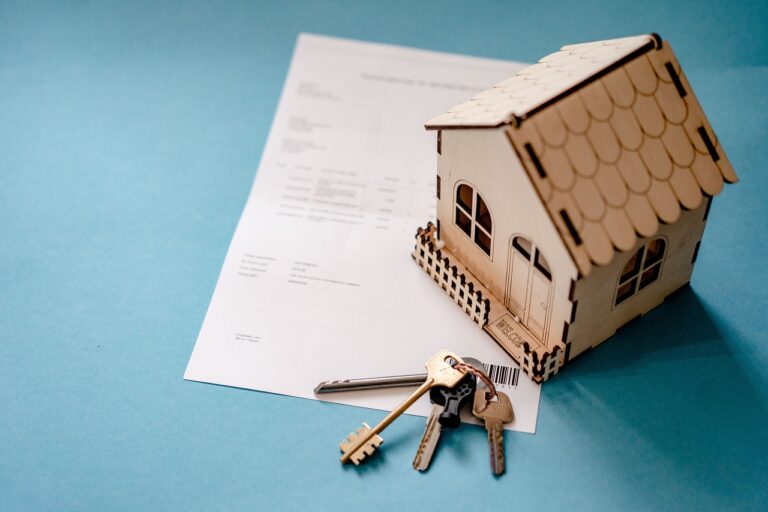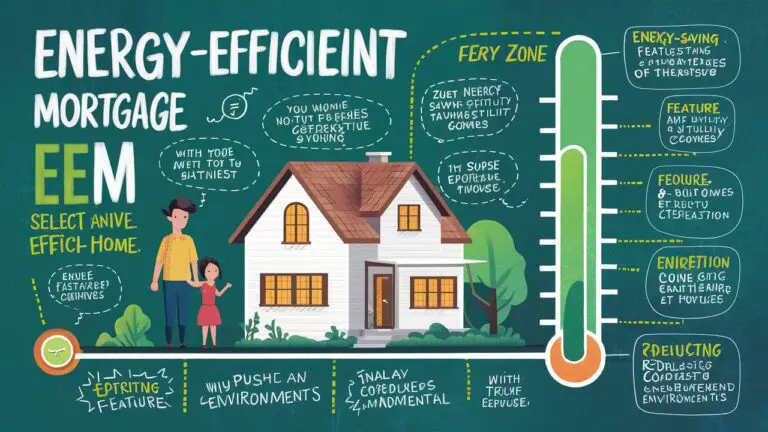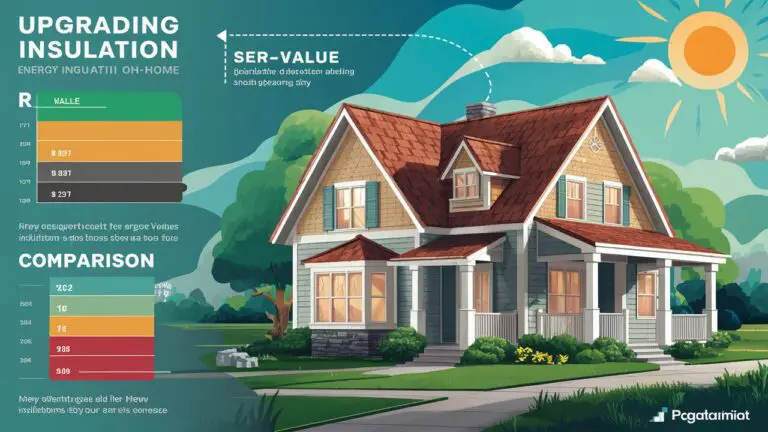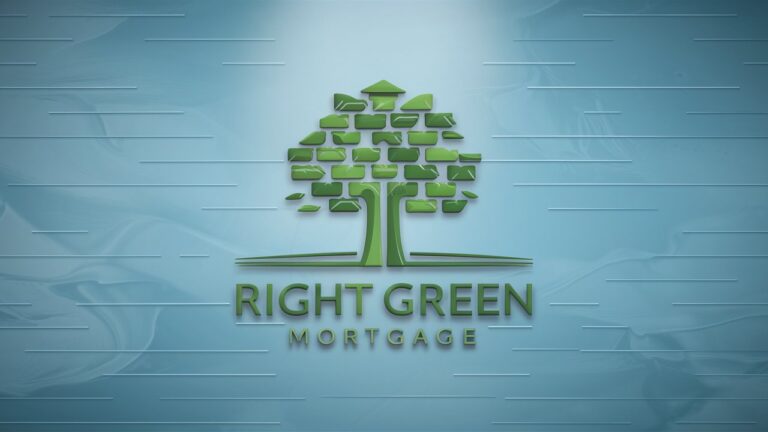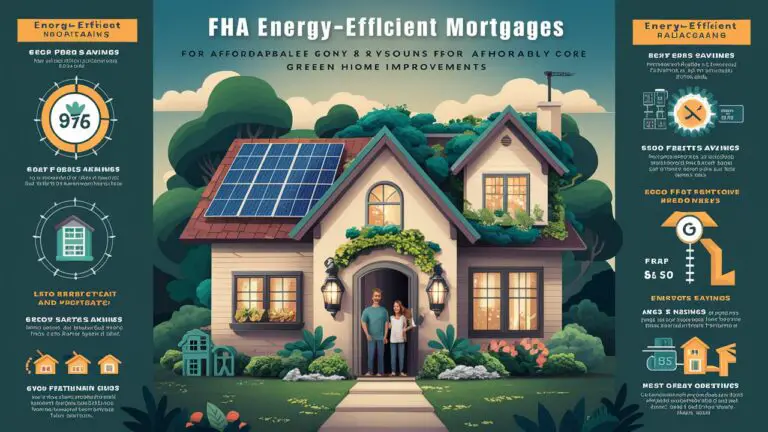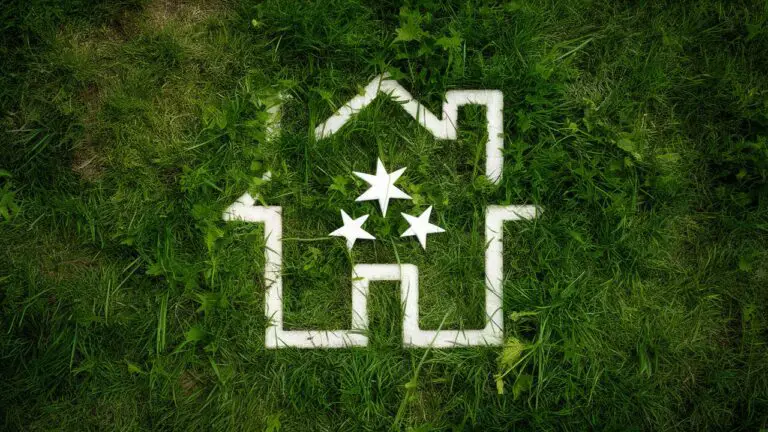Secured vs. Unsecured Solar Panel Loans: Which Is Right for You?
When considering financing options for installing solar panels, it’s crucial to understand the difference between secured and unsecured loans. Each type of loan has its own set of benefits and potential drawbacks, and choosing the right one can significantly impact your financial situation and the success of your green home improvement project. In this comprehensive guide, we’ll explore the features, benefits, and drawbacks of each type of loan to help you make an informed decision.
Understanding Solar Panel Loans
Loans for solar panels are specifically designed to help homeowners finance the purchase and installation of solar energy systems. These loans come in two main types: secured and unsecured. Understanding the key differences between them is essential for selecting the best financing option for your needs.
Secured Solar Panel Loans
Secured loans require collateral, typically your home, which reduces the lender’s risk and often results in lower interest rates and higher loan amounts.
Advantages of Secured Solar Panel Loans
- Lower Interest RatesSecured loans generally offer lower interest rates compared to unsecured loans. Since the loan is backed by collateral, lenders face less risk, which allows them to offer more favorable terms. For instance, if you have a green home improvement loan secured by your home, you might pay less in interest over the life of the loan.
- Higher Loan AmountsWith collateral backing the loan, lenders are often willing to approve larger amounts. This is advantageous if you’re investing in a comprehensive solar panel system that requires significant funding. You can secure a larger loan without the need for additional financial resources.
- Longer Repayment TermsSecured loans often come with extended repayment periods. This can help manage your monthly payments by spreading them out over a longer term. For example, a typical secured solar loan might have a term of 10 to 20 years.
Disadvantages of Secured Solar Panel Loans
- Risk of Losing CollateralIf you default on a secured loan, the lender has the right to claim the collateral. In the case of a home equity loan, this means risking your home. It’s essential to ensure you can meet the repayment terms to avoid such risks.
- More Complex Application ProcessSecured loans generally involve a more detailed application process, including a home appraisal and proof of collateral. This can make securing a loan more time-consuming compared to unsecured options.
Unsecured Solar Panel Loans
Unsecured loans do not require collateral, which can simplify the application process and reduce personal risk.
Advantages of Unsecured Solar Panel Loans
- No Collateral RequiredOne of the main benefits of unsecured loans is that you do not need to provide collateral. This means you won’t risk losing valuable assets, such as your home, if you fail to meet the loan obligations.
- Simpler Application ProcessWithout the need for collateral, the application process for unsecured loans is often quicker and less complex. You’ll generally only need to provide personal and financial information to get approved.
- Flexibility in UseUnsecured loans typically offer more flexibility in how the funds are used. While they are still designated for solar panel installations, lenders may be more lenient regarding the specifics of how the money is spent.
Disadvantages of Unsecured Solar Panel Loans
- Higher Interest RatesSince unsecured loans are riskier for lenders, they usually come with higher interest rates. This can lead to higher overall costs compared to secured loans.
- Lower Loan AmountsUnsecured loans often have lower maximum loan limits. This can be a limitation if you need a substantial amount of funding for a large-scale solar panel installation.
- Shorter Repayment TermsThe repayment terms for unsecured loans are generally shorter. This could mean higher monthly payments, which might be challenging for some borrowers.
Comparing Secured and Unsecured Loans for Solar Panels
To help you decide which loan type is best suited for your needs, consider the following factors:
Interest Rates and Costs
Secured loans typically offer lower interest rates, which can lead to substantial savings over the life of the loan. Unsecured loans, on the other hand, often come with higher rates. Here’s a comparative look:
| Feature | Secured Loans | Unsecured Loans |
|---|---|---|
| Interest Rates | Lower | Higher |
| Loan Amounts | Higher | Lower |
| Repayment Terms | Longer | Shorter |
Risk and Collateral
With secured loans, you must consider the risk of losing your collateral if you default. Unsecured loans eliminate this risk but may come with higher costs.
Application Process
Secured loans involve a more complex process, including collateral assessment, whereas unsecured loans generally have a simpler application procedure.
Making the Right Choice for Your Solar Panel Installation
When choosing between secured and unsecured solar panel loans, it’s essential to evaluate your financial situation and long-term goals. Consider the following steps to make an informed decision:
- Assess Your Financial StabilityDetermine whether you can comfortably manage higher payments or if a lower interest rate and larger loan amount are more beneficial.
- Evaluate the Risk of CollateralIf you’re uncomfortable with the risk of losing collateral, an unsecured loan may be a safer option.
- Compare Loan OffersShop around for both secured and unsecured loan offers to find the best terms and rates. Use online tools and consult with financial advisors to get the most accurate information.
- Consider Your Long-Term GoalsThink about how each loan type aligns with your long-term financial goals and the impact on your overall budget.
Conclusion
Choosing between secured and unsecured solar panel loans depends on various factors, including your financial situation, risk tolerance, and loan preferences. Secured loans offer lower interest rates and higher loan amounts but come with collateral risks. Unsecured loans provide more flexibility and less risk but often at higher costs. By carefully evaluating your options, you can select the loan type that best supports your green home improvement goals and ensures a successful solar panel installation.
For more detailed information, you can refer to these sources:
- Energy.gov on Solar Financing
- NerdWallet’s Guide to Secured vs. Unsecured Loans
- Consumer Financial Protection Bureau on Solar Loans
